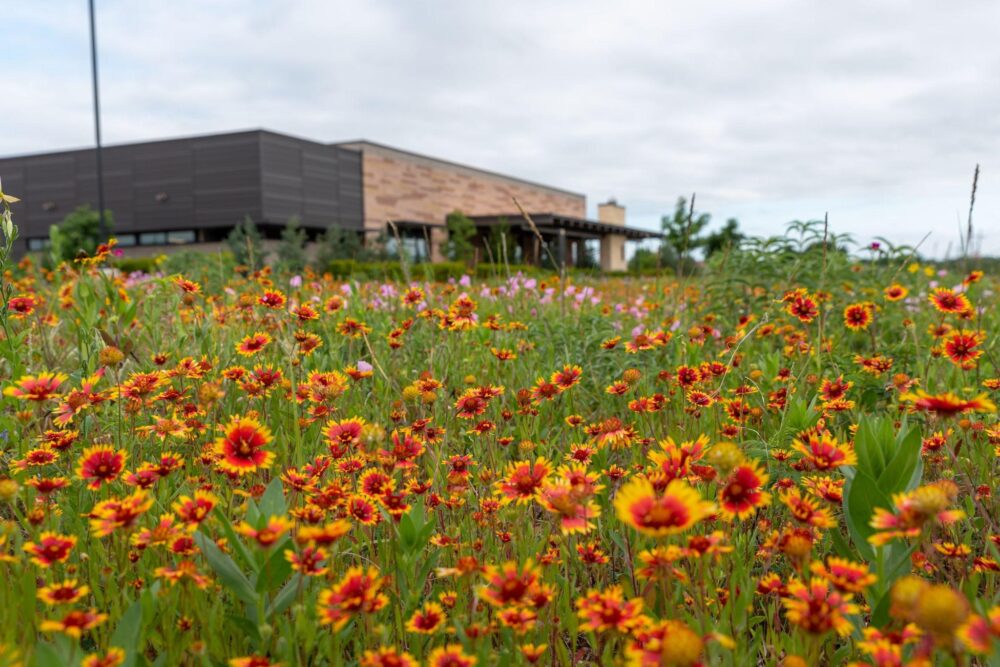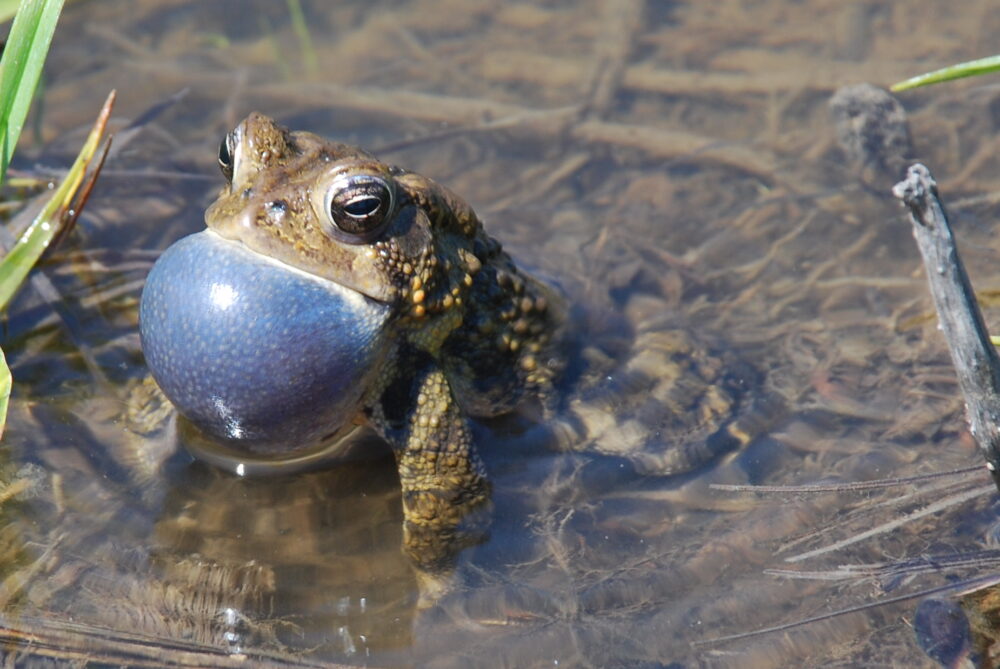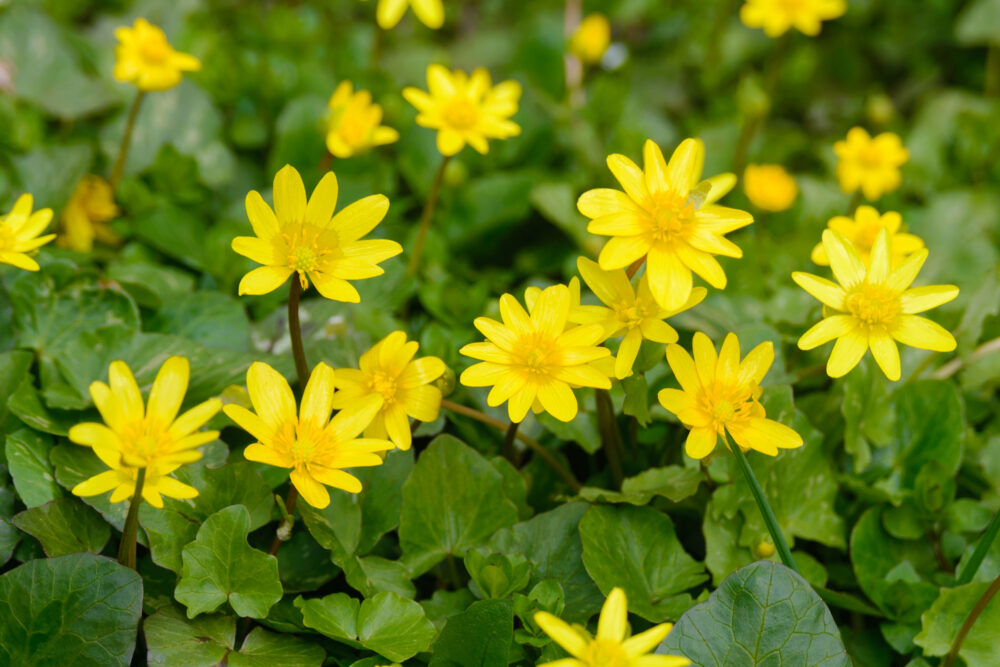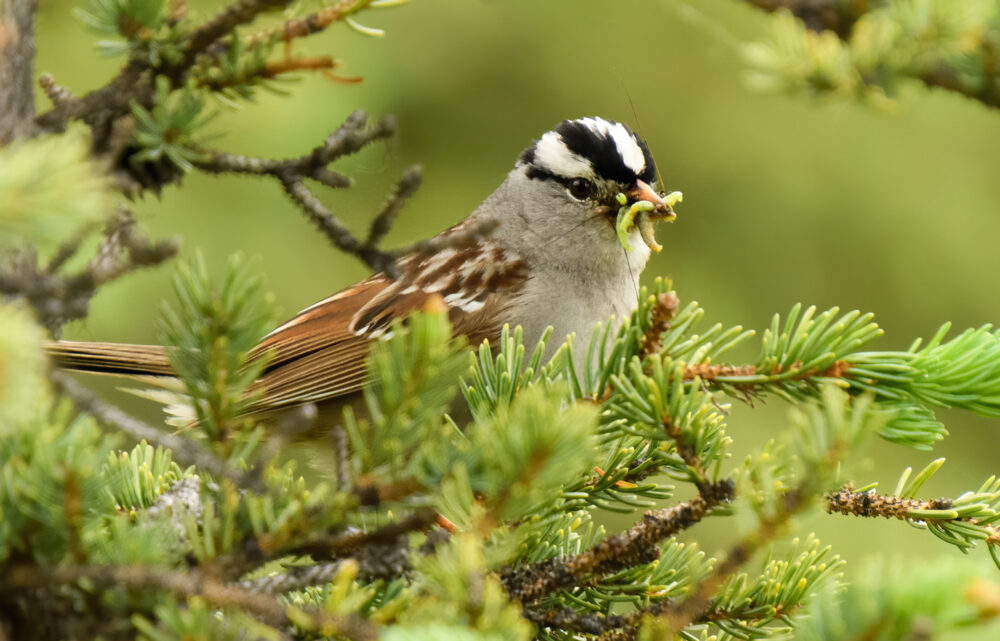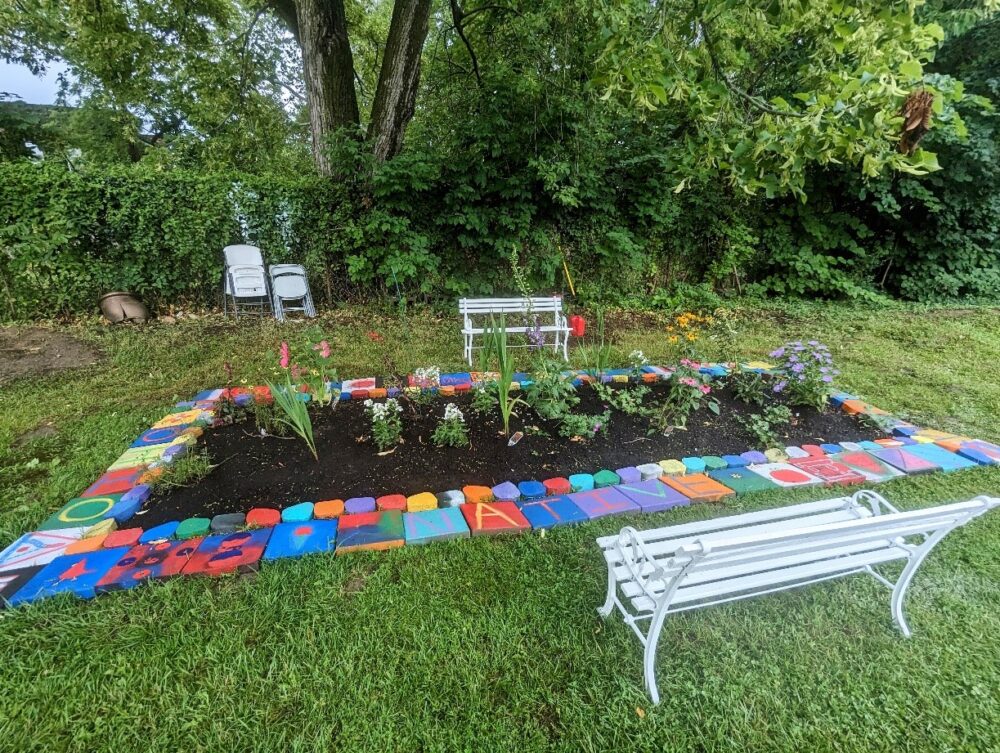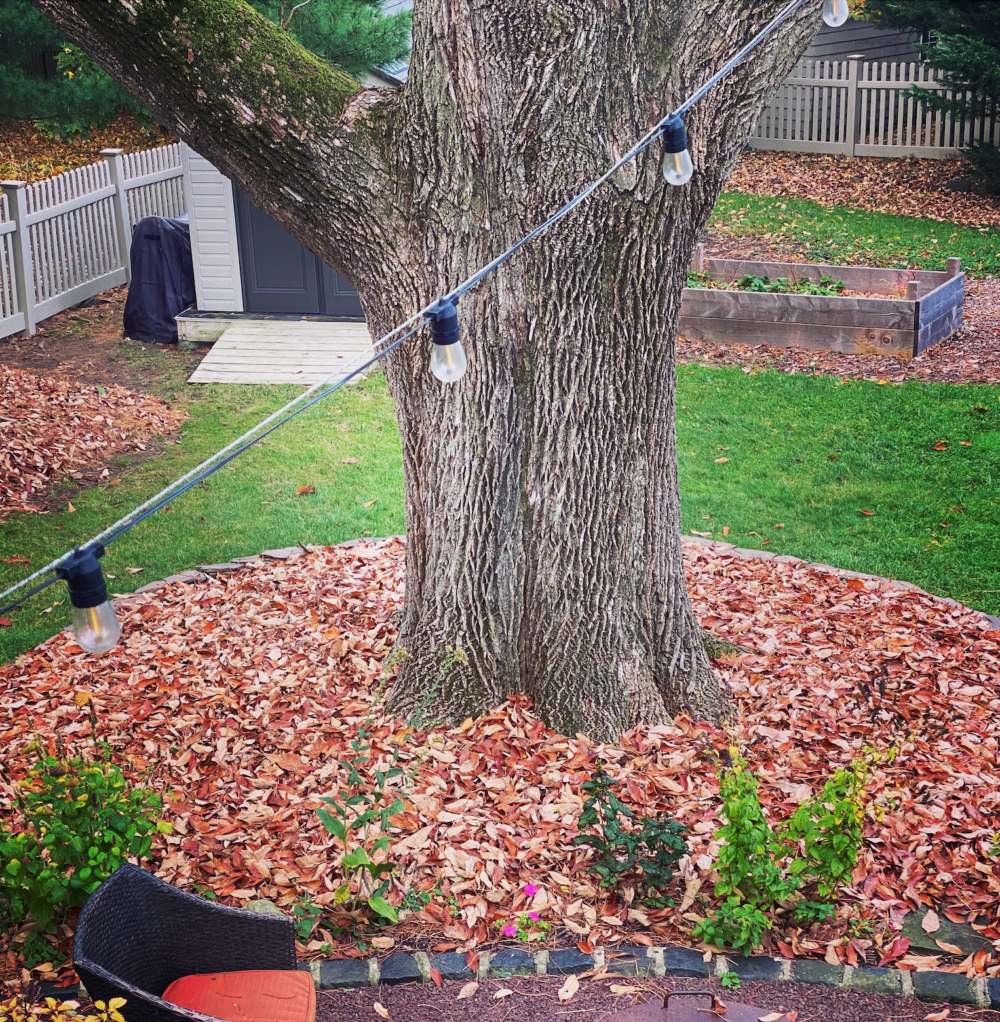We have much more to do and your continued support is needed now more than ever.
Meet the 2021 Mayors’ Monarch Pledge Signatories
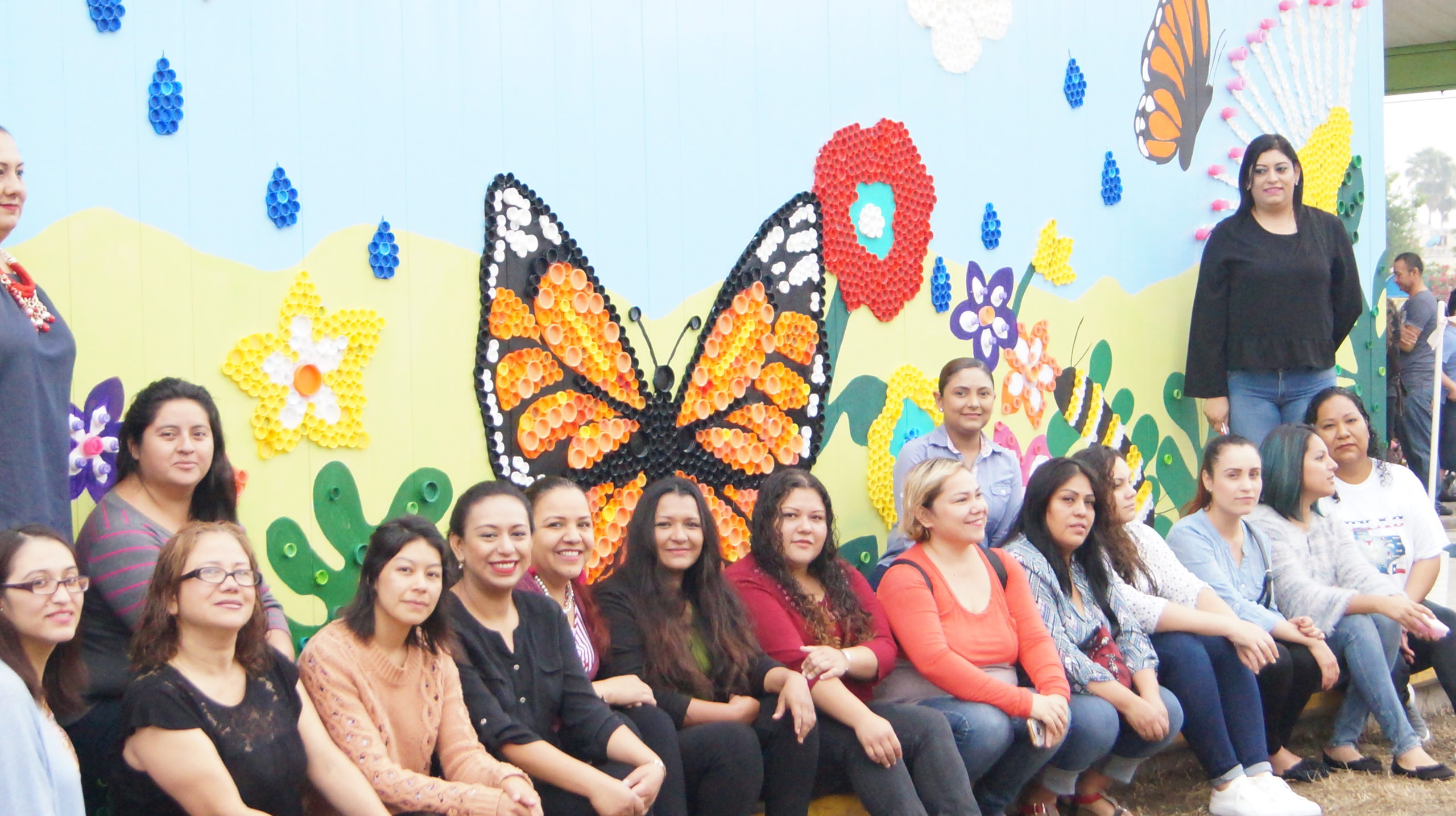
The Mayors’ Monarch Pledge
Since 2015, the Mayors’ Monarch Pledge program has been working actively with cities across North America to promote actions that will help reverse our current pollinator crisis.
Both the western and eastern monarch populations have experienced significant declines. Less than one percent of the western monarch population remains, while the eastern population has fallen by as much as ninety percent. Monarch scientists attribute the population decline to degradation and loss of summer breeding habitat in the U.S., and loss of winter habitat in south-central Mexico and coastal California.
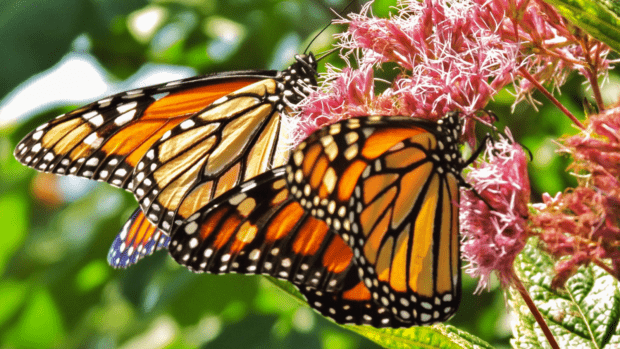
The Mayors’ Monarch Pledge program provides a framework for cities and communities to engage in monarch conservation. Mayors and heads of local and tribal governments commit to actions that promote community engagement and education, enact local policy changes to support monarch conservation, and create habitat for monarchs and other pollinators.
This year, 329 mayors and heads of local and tribal governments across North America have taken the pledge to protect this iconic species. Once pledged, community leaders commit to a minimum of three actions out of 30 that promote monarch conservation, including issuing a proclamation to raise awareness about monarch conservation, hosting a native plant sale, or removing milkweed from the list of noxious plants in city landscaping ordinances.
126 mayors have committed to eight or more actions, and are on their way to earning a special Leadership Circle designation. Six communities, Columbia Heights, MN, Woodlands Township, TX, Charleston, IL, Pasadena, CA, Bedford township, MI, and Carolina Beach, NC have committed to over 25 actions, which will earn them a Monarch Champion designation once completed.
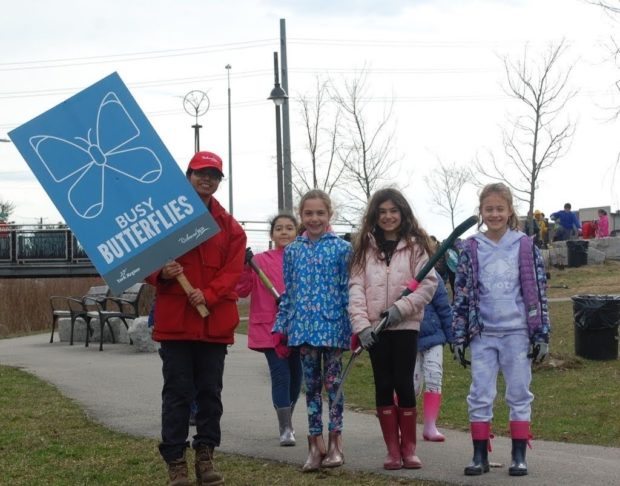
The Woodlands Township was recently awarded the Monarch Champion designation for their work in 2020 and has committed to all actions in the program for 2021. “We want to perpetuate the beauty and environmental health of The Woodlands, and what better way than by supporting monarch butterflies,” said Township Chairman Gordy Bunch. “We salute the work of our Environmental Services team in bringing this honor and opportunity to The Woodlands.”
The program also welcomed back the City of San Diego, CA for the third year in the program. Mayor Todd Gloria said that, “Signing on to the Mayors’ Monarch Pledge for 2021 demonstrates our commitment to protecting our environment today and for generations to come. Pollinators like monarch butterflies are a key part of San Diego’s precious biodiversity that help maintain the beauty and sustainability of our region. We look forward to continued progress on building awareness among residents and leading by example as a City with native, pollinator-friendly landscaping”
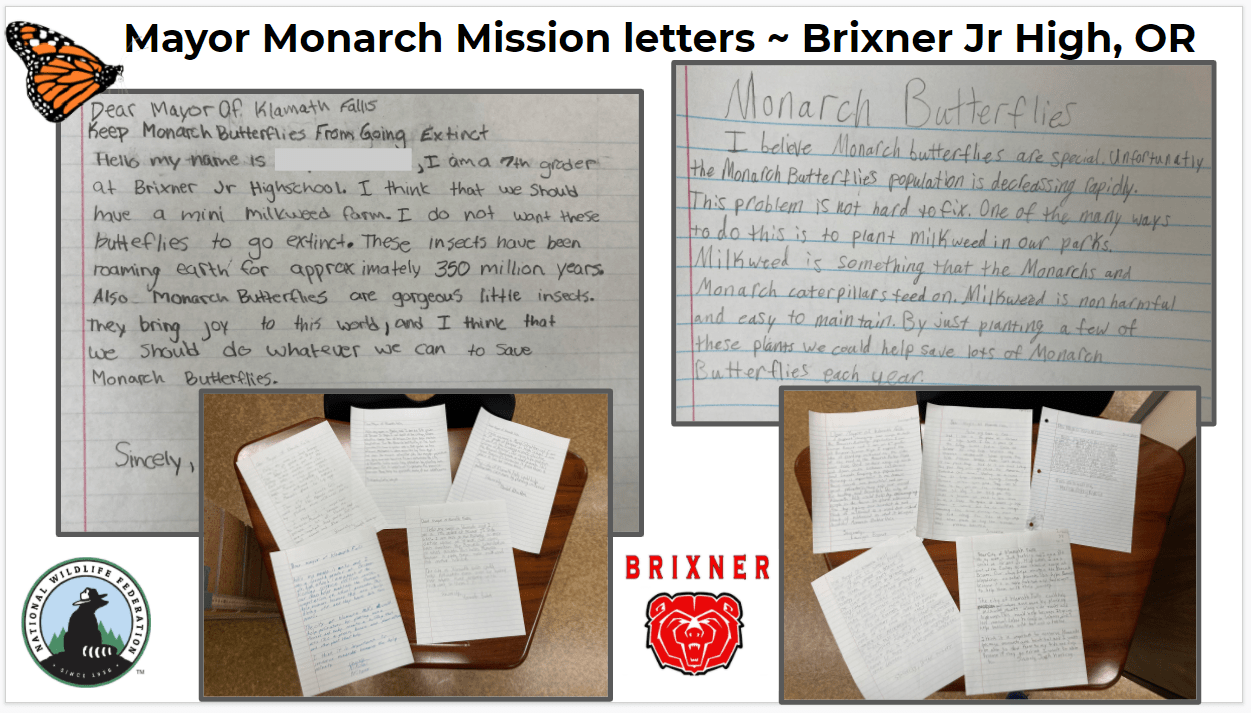
This year marked the most pledges since the program started in 2015. The advocacy of students and residents plays a big role in this widespread dedication to monarch conservation. Students from Brixner Junior High School in Klamath Falls, Oregon sent written letters to their mayor Carol Westfall asking her to sign the pledge.
This school also has a certified Schoolyard Habitat garden and monarch waystation, dubbed by Brixner students as a ‘pollinator paradise’, that recently welcomed a barn owl and fledglings. Monarch habitats can support a myriad of wildlife species and are a great opportunity to engage students.
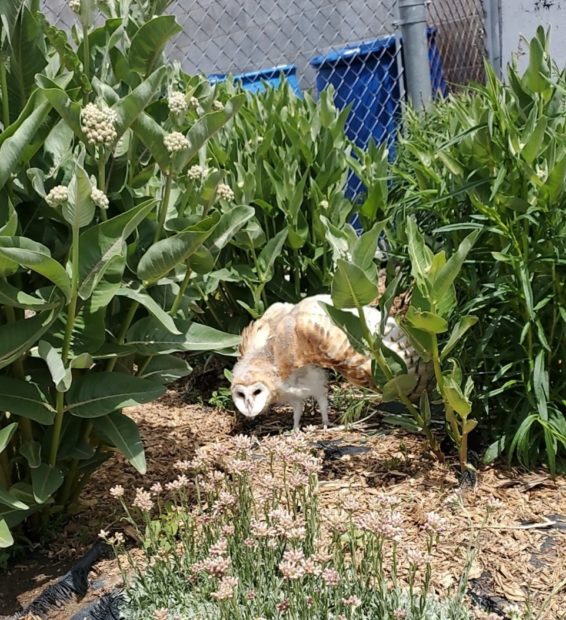
The beauty of the monarch butterfly is something that connects leaders, residents, and students across North America.
This year, 64 mayors have committed to creating a community art project that will enhance and promote monarch and pollinator conservation. In past years, schools and municipalities across Mexico fused the mission of monarch conservation with that of art and youth engagement through various mural projects. In Mexico, the Mayors’ Monarch Pledge initiative is run by the National Wildlife Federation’s partner organization, Profauna A.C., through the Programa Correo Real.
Not only did these murals spread the importance of monarch conservation they also honored Rocío Treviño, known as the “the granny of the monarchs in México.” Rocío Treviño coordinated the Correo Real program for 28 years and is recognized as the woman who managed to trace, with the help of hundreds of community members, the migratory route of the monarch butterfly in México.
In Canada, the National Wildlife Federation’s partner organization, the David Suzuki Foundation, runs and supports the program for Canadian cities that take the pledge. This year, Mayor John Tory of Toronto, ON, has rejoined the program, committing to 15 actions to protect monarchs. The city has further shown its commitment to pollinator conservation by passing a Pollinator Protection Strategy, a robust and multifaceted plan focused on pollinator conservation and community input.
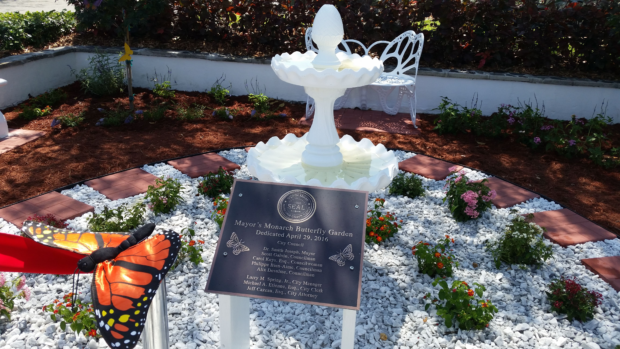
Monarch Conservation
Partnering with diverse community leaders is integral to spreading the importance of monarch conservation. It also allows more individuals to feel connected to conservation and know that they can take small actions to protect monarchs and other pollinators. Chicago’s 50th Ward joined the pledge on behalf of Alderman Debra Silverstein. Chicago’s 50th ward values the cultural diversity of its residents and is home to many ethnicities, religions, and races.
This year they have committed to actively pursue relationships with community gardeners and other influential community leaders. They will also launch a public communication effort to encourage residents to plant monarch gardens at homes or in their neighborhoods.
The National Wildlife Federation is proud to work with a strong network of communities and mayors that are working to create healthy, sustainable communities that support people, pollinators, and wildlife.
For more resources on how to create wildlife habitats at home or in your community check out Garden for Wildlife. Check out the Community Wildlife Habitat, Mayors’ Monarch Pledge, and Sacred Grounds programs for ways to get involved in community-driven conservation. Work with your local schools through Eco-Schools USA and Schoolyard Habitats programs.











